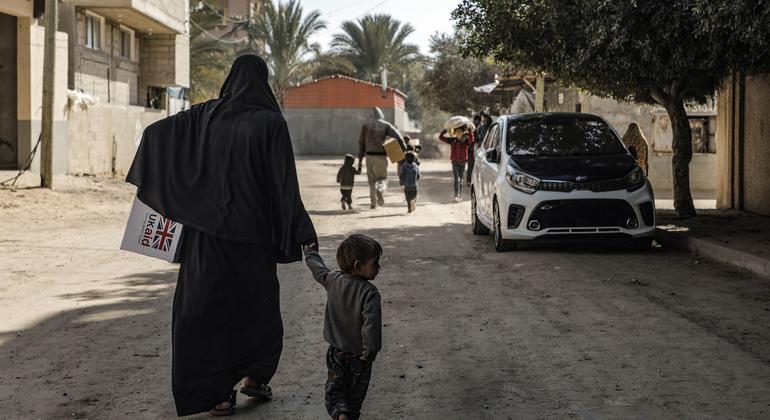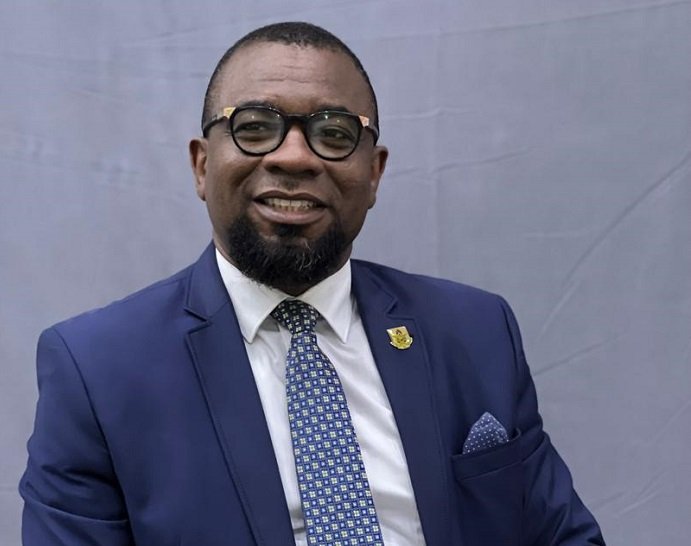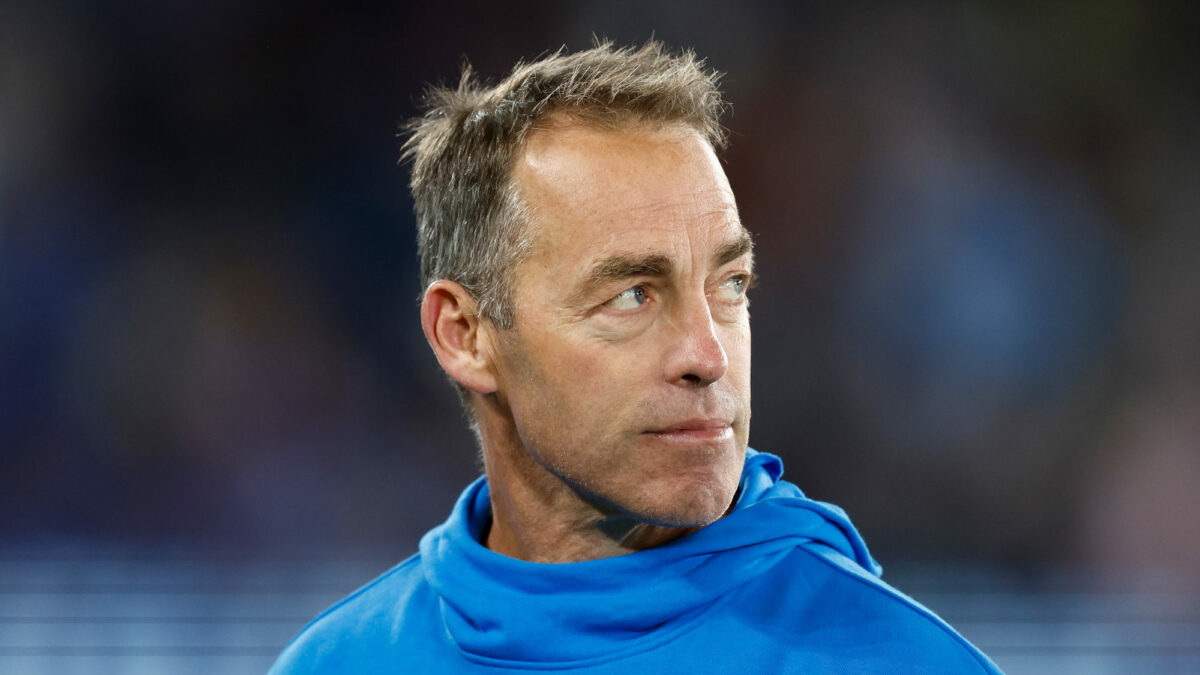European environmental groups have urged the EU Commission to stand firm on implementing the bloc’s landmark anti-deforestation legislation — despite a backlash from governments in South America, Africa and some EU ministers.
In a letter published on Thursday (11 April) to commission president Ursula von der Leyen, 170 environmental organisations urged the EU executive to “protect the integrity of the EU democratic decision-making process and to ensure that the EU stands firm in pursuing the objectives set out in the EUDR [EU deforestation regulation].”
“We are aware that certain industry associations, third countries and even agriculture ministers from EU member states are criticising the EUDR or certain aspects of it, risking undermining it, despite years of research, consultation, and an open, and transparent legislative process,” the letter states.
The letter comes after the EU’s environment commissioner unveiled a series of support programmes for African states during a three day tour of sub-Saharan Africa.
At the start of the week, Virginijus Sinkevicius told Reuters that the EU would not delay a new law to crack down on the import of commodities linked to deforestation, despite recent pushback from industry and concerns among several African states that their smallholder farmers could be shut out from selling to the EU market because of lack of awareness of the new rules and administrative capacity to comply.
“At this moment we are working to ensure that legislation is operational from the beginning of [2025],” EU environment commissioner Virginijus Sinkevicius said.
Sinkevicius has held meetings with counterparts in Ivory Coast, Ghana and Uganda, major producers of cocoa and coffee, this week, announcing a series of EU-funded programmes designed to help African states to implement the new regime
In Abidjan, Sinkevicius announced that Ivory Coast, which is the world’s main cocoa producer, would receive an additional €50m in budget support and €15m for forestry. He added on the social media site X that Ivory Coast would soon receive a European Investment Bank loan of approximately €150m.
On Tuesday, following meetings with Uganda’s president Yoweri Museveni and ministers, he announced a series of projects worth €40m under the Forest Partnership.
“The EU continues to be a strong supporter of Uganda’s vital coffee sector,” said Sinkevicius.
The new law will first apply to multinational companies, requiring them to screen their global suppliers and publish annual due diligence reports to guarantee that they have not caused deforestation.
The regulation on deforestation-free products applies to cattle, cocoa, coffee, palm oil, rubber, soya, and wood. It also covers products like leather, chocolate, charcoal and printed paper, which have been made using these commodities.
It was hailed by EU lawmakers as a landmark move towards responsible business practices.
“European consumers can now rest assured that they will no longer be unwittingly complicit in deforestation,” said Christophe Hansen, the former Luxembourgish MEP who piloted the new law through the European Parliament, after it was approved by MEPs last year.
However, officials have told EUobserver that preparation for compliance in African states is mixed, with the coffee industry in Kenya, Ethiopia and several other states lagging behind.
Around five million smallholder farmers — mostly West African — produce 80 percent of the world’s cocoa. A further 12 million farmers are responsible for almost two-thirds of global coffee production.
Since larger commercial farms are more likely to be able to bear the new compliance costs, they are likely to take more business, especially as buyers will be encouraged to use supply chains that are easy to trace.





















Discussion about this post